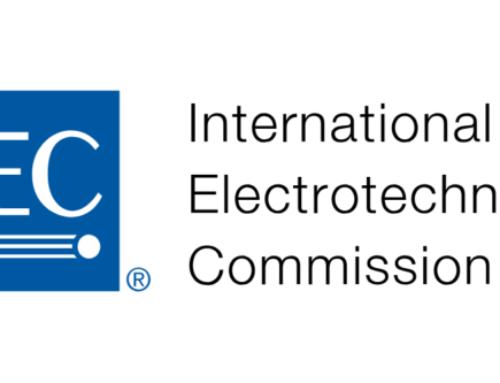On 7 November, SAC, in collaboration with the Ministry of Education, the Ministry of Science and Technology, the Ministry of Human Resources, and the All-China Federation of Industry and Commerce, jointly released the Special Action Plan for Standardization Talent Development (2023-2025). The action plan proposes a series of measures aimed at enhancing the quantity and quality of standardization experts in China.
- Higher Education: The document suggests leveraging regular higher education institutions, strengthening the construction of standardization-related majors, and refining the undergraduate curriculum for standardization engineering. It aims to promote the integration of “Major + Standardization Education” at the undergraduate and graduate levels across the country’s higher education institutions.
- Vocational Education: Higher vocational schools are encouraged to conduct education activities related to technical skills in the field of standardization. Support is provided for eligible vocational colleges to establish standardization technology degrees.
- Continuing Education: The plan proposes upgrading education paths, from specialized programs to bachelor’s degrees in standardization engineering and standardization technology. This move aims to establish a career advancement pathway for standardization practitioners and gradually implement the “degree certificate + multiple vocational skill certificates” system.
- Teachers: The document emphasizes the vigorous promotion of professional training activities, including in specialized areas, to teachers, while encouraging excellent higher education institutions to establish standardization training bases for teachers.
- Textbooks: Strict implementation of textbook management methods is proposed, ensuring the quality of textbooks. Increased support is provided for the development of educational materials and teaching resources for standardization professional education.
- Practical Application of Standardization Skills: The document suggests relying on universities, research institutions, professional standardization organizations and associations, to establish national-level standardization talent education training bases. It also proposes organizing standardization-related professional skills competitions, establishing and improving competition rules, subject management systems, and implementing policies such as commendation and reward for competition winners and promotion of vocational skill levels.
In addition to local standardization personnel, the document also emphasizes international standardization talent development. Specifically, it suggests to:
- Extensively solicit experts in key areas for registration with international standardization organizations; enhance the selection and training of mid-to-senior management talent for international standardization organizations; conduct training focused on governance, leadership, organizational coordination abilities, international organizational appointment capabilities, diplomatic policies, language, and related aspects.
- Accelerate the formulation and implementation of policies for the management, selection and recommendation of high-end talent in international standardization; establish comprehensive competence evaluation criteria for international standardization talent; consistently organize initiatives for the selection and cultivation of young international standardization talent.
- Establish international standardization innovation teams involving technology research personnel, international standard experts, representatives from industries, and international trade representatives. These teams will track and analyze international cutting-edge technology and industrial development, formulate international standards, and train international standardization talent.
It is noteworthy that the document highlights material incentives as a means to encourage more individuals to engage in standardization work, including:
- Actively recommending standardization talents for government special allowances.
- Standardization talents meeting certain conditions enjoying current individual income tax preferential policies.
- Improving local support policies for the introduction of standardization talents, encouraging eligible local governments to provide preferential treatment in employment, housing, and settlement for standardization talents.
- Supporting research institutions, universities, and government offices in establishing systems for secondment and part-time positions for standardization talents.




